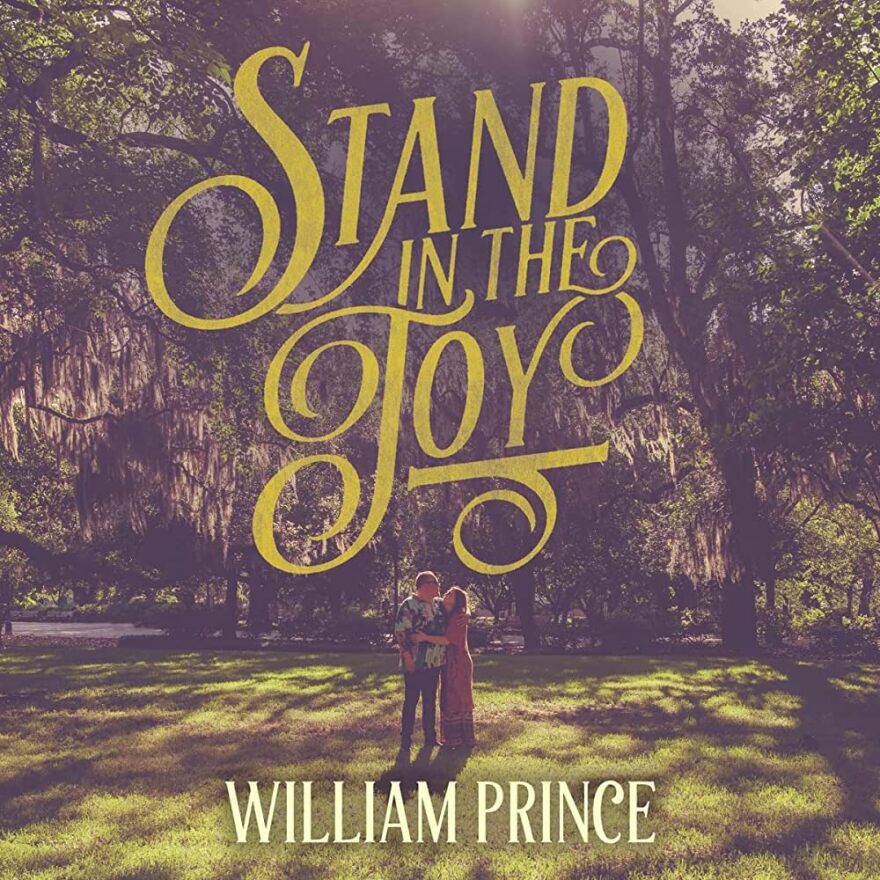The passing of Gordon Lightfoot this week reminds us of the majesty and originality of Canadian folk music. I’ve never studied the country’s history enough to understand the nature of Canadiana, to coin a term. But like so many of us, I’ve heard a strong sense of place in the inimitable sounds of Joni Mitchell, Neil Young, Leonard Cohen and Lightfoot himself, a masterful and romantic bard who could be personal or mythic.
This legacy had already been on my mind, thanks to recent conversations with cherished veteran and Juno Award-winner Ron Sexsmith and with Whitehorse, the married duo of Luke Doucet and Melisssa McLelland. I even asked the latter in our recent String episode what being a Canadian roots music artist means to them, and Doucet said, “We spend a fair amount of time thinking about this very thing, especially as people just living adjacent to the cultural behemoth that is America. And obviously, as Americana artists, if that's the appropriate term, we're so conscious of the source. We Canadians often suffer from some kind of imposter syndrome, because we're not sure we're allowed to do things.”
He’s quick to add that of course artists like he and his wife take heart from the titanic achievements of Joni and Neil from older days or from Colter Wall and Corb Lund lately. But it’s interesting he’d be so candid about it. Alas, we didn’t talk about Lightfoot, because as music journalist Nicholas Jennings put it in Lightfoot’s 1999 Rhino Records box set, the now late songwriter “is as much a part of the national consciousness as hockey.”
Then, by Canuck coincidence, I arranged a conversation with singer-songwriter William Prince, whose claim on Canadian-ness is indisputable. Of Cree and Ojibwe descent, Prince grew up in the Peguis First Nation, north of Winnipeg. His father was a musician who ministered to a small church, which Prince says gave him a musical foundation.
“My grandfathers were all preachers in Peguis. So they would have been some of the first people singing gospel songs and giving sermons and such,” he tells me in Episode 244 of The String. “I would have spent a lot of time playing music with my dad. He was raised on Johnny Cash gospel and Charley Pride and stuff. And it was always around our house. And so I learned from him to sing those kinds of classic songs - Hank Williams, Willie Nelson songs. As well as on Sunday, you know, he'd be preaching, he'd be leading the country band that we had there. And I was 14 or 15 when I would have started out on guitar playing music with him.”
Prince left home for nearby Winnipeg and spent years playing locally and honing his craft before bursting on to the Canadian folk music scene in 2015 with his debut album Earthly Days. It was nominated for or won numerous awards including the prestigious JUNO for Contemporary Roots Album of the Year. And soon Prince was being celebrated across the US as well for his kind, sonorous voice and his relatable intimacy. In 2020, he released two albums back to back that fleshed out his story and his capabilities as an artist. Reliever arrived on the cusp of the pandemic and delivered the spiritual assurance and serenity that the title implies. Then came Gospel First Nation, a mix of original and traditional sacred songs that drew mystique from the complex relationship that Canada’s native people have with Christian faith.
Those projects launched a creative relationship with Nashville’s star producer Dave Cobb, who came aboard for Prince’s latest Stand In The Joy. Recorded at Cobb’s personal studio in Savannah, GA, the new collection trades ambiguities for love and light. The artist, engaged and raising a son, radiates gratitude on songs like “Take A Look Around,” “Peace of Mind,” and “Tanqueray,” about “the blur of a brand new love.”
I told William that amid a lot of albums wrestling directly with the pains and ills of the world, it’s nice to experience an album that’s so life affirming. “I'm so happy you say that,” he says. “We talk about it all the time. One of the lessons we've learned is it takes bravery to feel joy, to allow yourself to be vulnerable. And it stems from a life of where happiness is sometimes felt insensitive to those around you who are in the struggle and such. And so this record was about, hey, you know what? A lot of people are happy for me, and I'm doing a disservice to those that I love by not really reveling in the joy of this life that I get to live now.”
With Prince back on the road post-pandemic, things are going well. Stand In The Joy has been glowingly reviewed since it came out in mid April. The songwriter made his debut on the Grand Ole Opry in February, when our conversation took place. And he’s currently on the road opening shows for that joyful couple The War & Treaty, including a date here in Nashville at the Brooklyn Bowl on May 13.





